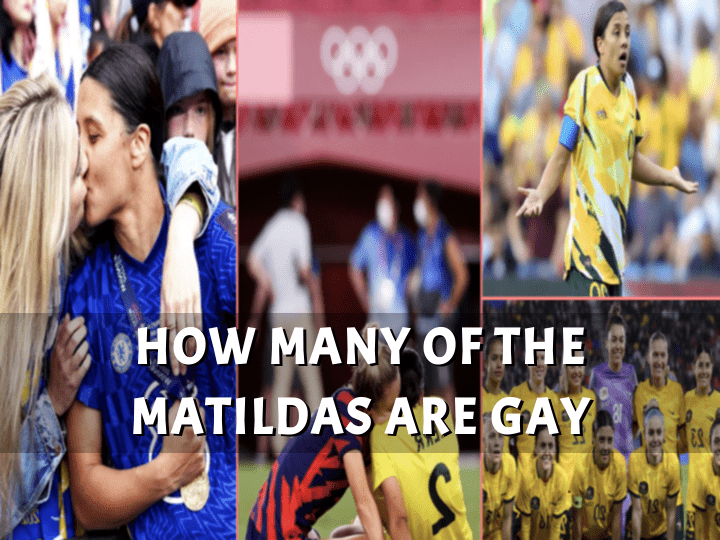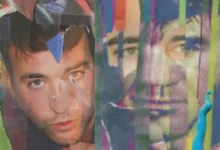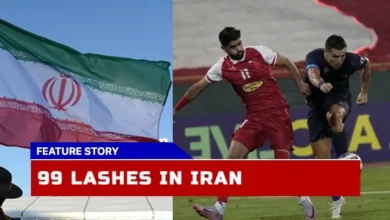An Examination of Openly Gay Matildas Players and Their Representation in the 2024 World Cup has garnered attention not only for its exceptional display of talent but also for its celebration of diversity. With over 100 openly LGBTQ

players and coaches, it stands as a testament to how far we’ve come. A particular focus has been on the Australian Women’s Soccer Team, the Matildas, who have been named one of the “gayest” teams in the competition.
Rise in LGBTQ Representation in Sports
The 2023 Women’s World Cup showcases an unparalleled representation of LGBTQ athletes, with at least 96 openly identifying as part of the community. This figure amounts to over 13% of all athletes in the tournament, underscoring a shifting landscape in the world of sports.
Summary of how many of the matildas are gay
| Fact | Detail |
|---|---|
| Total LGBTQ Athletes in 2024 World Cup | At least 96 |
| Matildas LGBTQ Players | 12 (9 main team, 3 reserves) |
| Percentage of LGBTQ Athletes in Tournament | Over 13% |
| Matildas’ Forward in Relationship | Cortnee Vine (dating Charlotte McLean) |
Matildas Standing Out in Diversity
According to a UK-based news site, the Matildas have nine primary team members and three reserves in same-sex relationships. This ties them with the Brazil team, marking both squads as the ones with the most openly lesbian players in this year’s competition.
Matildas Beyond The Pitch
The upcoming documentary, “Matildas: The World At Our Feet,” promises an inside look at the team’s journey. This fly-on-the-wall series is bound to provide a detailed account of their challenges, triumphs, and individual stories, shedding light on issues beyond the soccer field.
Personal Stories Amplifying Representation
The relationship between Matildas forward Cortnee Vine and up-and-comer Charlotte McLean from the Young Matildas squad, dating since 2019, adds a personal touch to the broader narrative. Such stories humanize the statistics and make the representation more tangible.
Embracing Sexuality and Challenging Stereotypes
While the Matildas have a significant number of LGBTQ players, it’s crucial to note that not all players identify as such. The essence lies in celebrating diversity, understanding that every player, irrespective of their sexual orientation, brings unique strengths to the table.
The Road Ahead for LGBTQ Athletes
While the 2023 Women’s World Cup has set the bar high in terms of LGBTQ representation, the journey is far from over. It’s essential to focus on continued inclusivity, ensuring that every athlete feels safe, respected, and valued.
The Power of Representation
Matildas star Tameka Yallop’s journey from making her senior debut at 16 to being an openly gay role model emphasizes the impact of representation. Her story, and many like hers, are paving the way for future athletes to embrace their true selves without hesitation.
Final Thoughts
The Matildas, with their significant LGBTQ representation, are more than just a team. They are torchbearers of change, proving that talent knows no bounds, and love knows no gender.
FAQs
How many Matildas players are in same-sex relationships?
Nine main team players and three reserves of the Matildas are in same-sex relationships.
What percentage of athletes in the 2023 World Cup identify as LGBTQ?
Over 13% of all athletes in the tournament identify as LGBTQ.
Is the entire Matildas team gay?
No, while the Matildas have a significant LGBTQ representation, not all players identify as such.
Why is the Matildas team significant in terms of LGBTQ representation?
The Matildas, with 12 players openly in same-sex relationships, tie with the Brazil team for the most openly lesbian players in the 2023 World Cup, making them one of the “gayest” teams in the competition.













